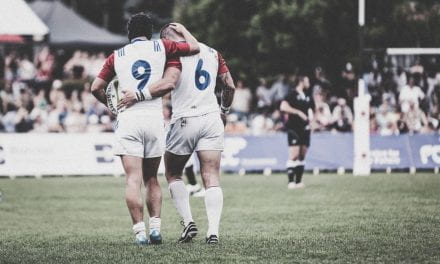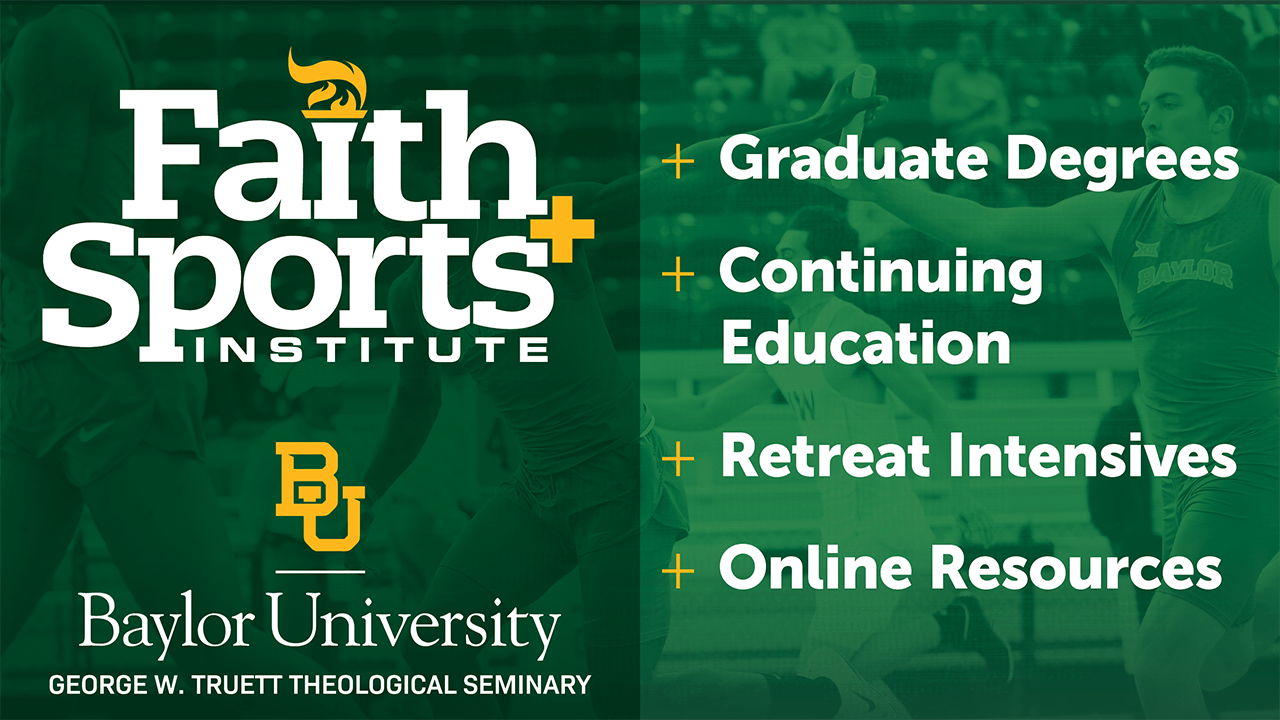Editor’s note: From time to time on this blog, we want to draw your attention to new research that examines sports and Christianity. This might come in the form of book reviews, short essays, or previews of academic articles. You can find these posts through the “Research Corner” tab on our top menu. The following is a preview of an academic article that comes from Will Whitmore, a Ph.D. student and the School Minister at Mercersburg Academy (PA).
Will Whitmore
One of the most important things we, as Christians who interact with and participate in sport, can do is think missionally. We often discuss how our church or a specific organization is living out its mission statement or core values, but we rarely reflect on how this is lived out in our interaction with sports.
In an academic article Andy Parker and I recently published in Practical Theology we sought to provide a theological and missional lens through which to view the practice of sports chaplaincy. In case it might be of interest to readers of this blog, I wanted to provide a brief overview of our main themes and point you to the full article for more.
Missiology is the branch of theology that focuses on the mission of the church and the individual Christian in the world. According to missional theologian David Bosch, each one of us is given the opportunity to take part in the mission of God, also known as the missio Dei, regardless of our context. For Bosch, the goal of mission is not to grow the church, rather it is to build the Kingdom of God. In this regard, Christianity is an intrinsically missional religion, as followers of Jesus seek to proclaim the Kingdom of God on earth. In affirming God’s presence in a specific location and showing the love of God to all we encounter, we witness to the missio Dei throughout the world. Participating in the missio Dei is not something that is just done in our churches or small groups, but is particularly important in non-religious settings. One ministry that is located within a non-church setting is chaplaincy.
Chaplains serve in communities that are not religious in nature, such as the military, hospitals and educational institutions, amongst others. As a result of this, they often interact and engage with people who do not identify with their faith tradition or a specific religion. Chaplains provide pastoral care in the form of listening and being present for individuals in need. As western society continues to become more secular, chaplains play a vital role in witnessing to the missio Dei. For many, an interaction with a chaplain may be the only type of contact with a spiritual or religious leader.
Like other chaplains, sports chaplains are given the opportunity to proclaim God’s presence in a predominately secular space. They witness to the missio Dei within sporting communities which are full of the trials of modern-day life, as well as additional challenges relating to performance-based identity. Within this space, chaplains are able to affirm God’s presence and the value of those who inhabit these areas in a distinctive manner that is not based on the performance of the individual but their inherent worth as children of God. Viewing sports chaplaincy through the lens of the missio Dei deepens our understanding of the practice and encourages practitioners to see their ministry as a way the living God can be revealed to all they encounter.
If you would like to read more about this, the Practical Theology article can be found here. It is our hope that this discussion will lead to further conversations on the theological value of sports chaplaincy and can help sports chaplains think deeply about their role in proclaiming the presence of God’s Kingdom in the organizations they serve.
 About the author: William (Will) Whitmore serves as the School Minister at Mercersburg Academy (PA), where he also teaches in the history and religion department. He is completing his Ph.D. at the University of Gloucestershire (UK) where his research focuses on chaplaincy in elite sports settings. You can follow him on Twitter: @WhitmoreWill.
About the author: William (Will) Whitmore serves as the School Minister at Mercersburg Academy (PA), where he also teaches in the history and religion department. He is completing his Ph.D. at the University of Gloucestershire (UK) where his research focuses on chaplaincy in elite sports settings. You can follow him on Twitter: @WhitmoreWill.






